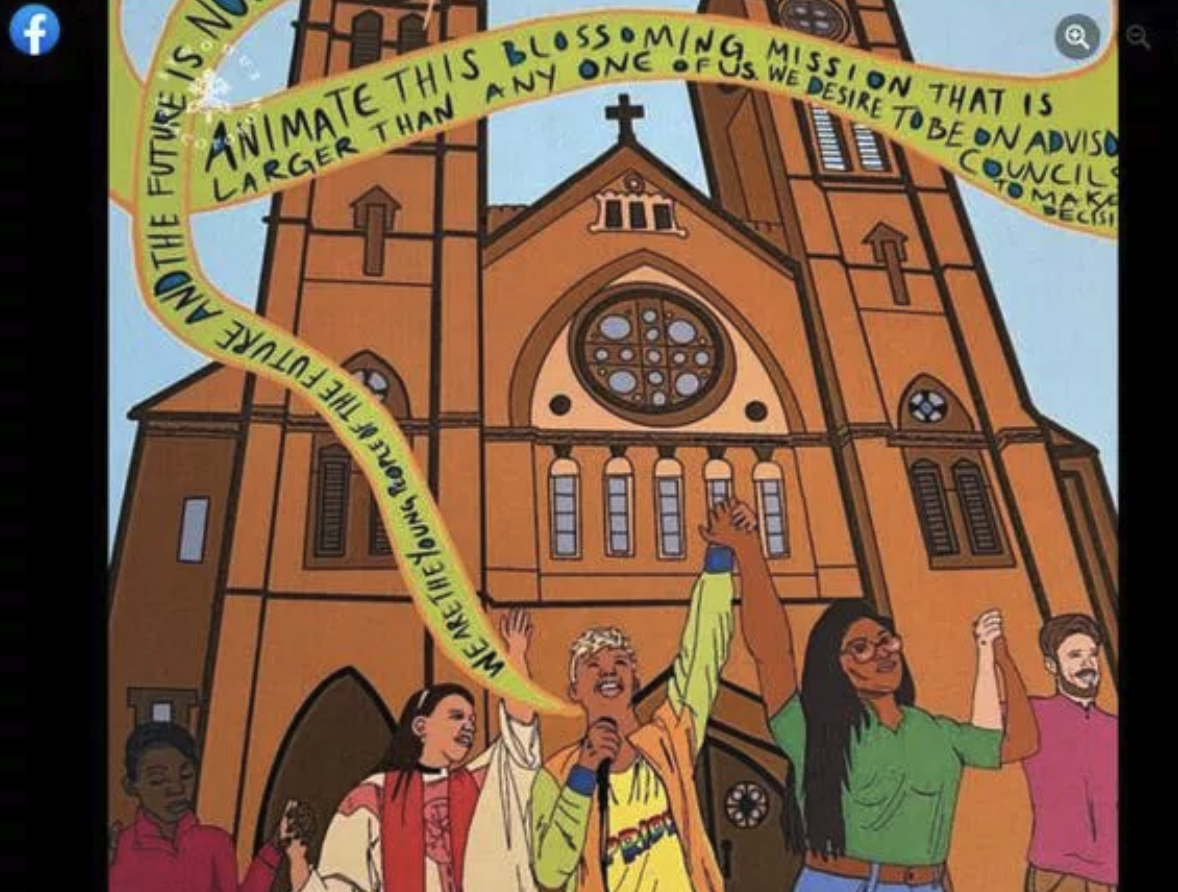Every now and then, major news stories about religious trends in the real world actually have something to do with religion, as opposed to being driven by politics, alone.
I know, I know. It’s hard to imagine that.
Yes, it’s also possible for an important story about religion to involve factors other than “religion,” narrowly defined. These stories may involve economics, mass media, education and, yes, politics. Life is complex.
I thought about this when reading an important New York Times story the other day that ran with this double-decker headline:
Polish Bishop Resigns After Diocese Is Rocked by Sex Scandal
A priest in the bishop’s diocese was accused of holding a sex party in his church apartment that involved a male prostitute who lost consciousness.
Here is the long, but essential, overture for that:
A Polish bishop whose diocese has been badly tarnished by reports of a gay orgy involving priests and a prostitute resigned … , the latest in a long series of sexual and financial scandals in Poland’s Roman Catholic Church.
Grzegorz Kaszak, the bishop of Sosnowiec in southwestern Poland, announced his departure after one of his priests was placed under criminal investigation in connection with reports last month that he had organized a sex party during which a male prostitute lost consciousness from an overdose of erectile dysfunction pills.
Gazeta Wyborcza, a liberal daily newspaper, reported in September that one of the priests at the gathering, held in a building belonging to the parish of the Blessed Virgin Mary of the Angels in the town of Dabrowa Gornicza, had called an ambulance. Others at the party prevented paramedics from tending to the unconscious man, the paper reported, but the paramedics called the police and the priests relented.
The priest who organized the gathering in his church apartment, identified by the diocese only as Father Tomasz Z., gave a statement last month to Polish media that disputed details of what had happened, quibbling over the number of priests present at the time of the alleged sex party and saying that “it is worth reading what the definition of an orgy is.”










